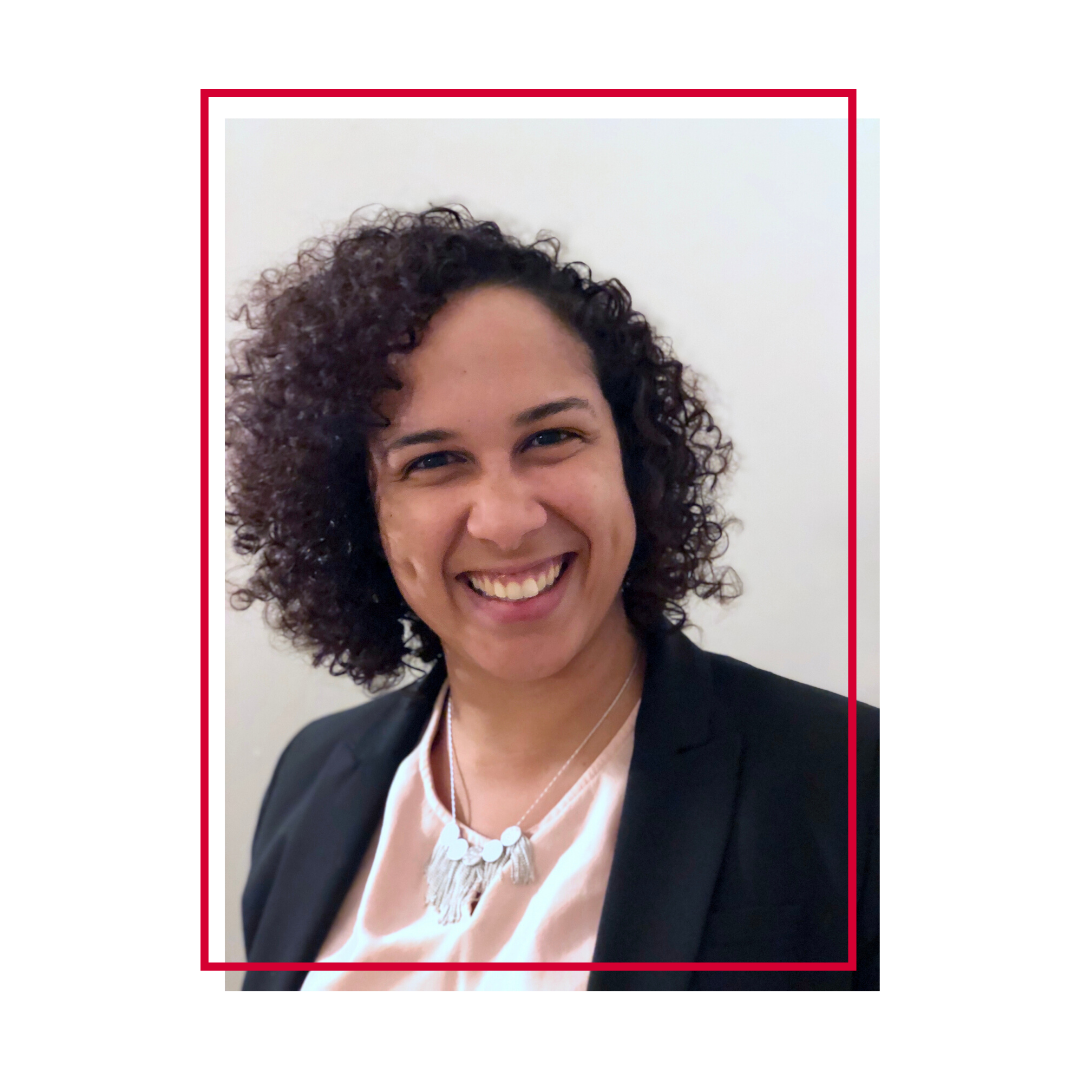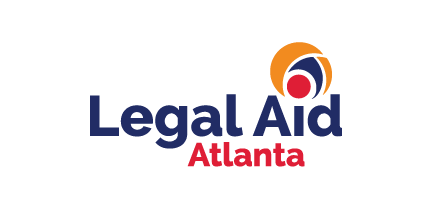Advocate Interview: MK Talks About LGBTQ Healthcare & the Law

MK Anderson is a recent Yale Law grad and prior intern who has returned as an Equal Justice Works fellow in our DeKalb office. MK’s work through their fellowship focuses on helping LGBTQ communities in Georgia overcome legal barriers to Medicaid, Medicare, and SNAP.
As MK explains, “Health care and food are essential for any community to thrive. Yet, LGBTQ communities are more likely to be food insecure and in need of healthcare. This issue affects Atlanta, Georgia acutely, as the city is home to a large LGBTQ population relying on public assistance. Despite the growing LGBTQ population in its city center, Georgia’s political landscape is volatile, and a number of statewide practices undermine LGBTQ individuals’ access to SNAP, Medicaid, and Medicare.”
Here, we talk with MK to get a closer look at how their work addresses issues facing the LGBTQ community in Georgia.
You say that LGBTQ communities are more likely to be food insecure and in need of healthcare. Can you speak a little to this issue and why this community is disproportionately affected?
MK: There are economic disparities in the LGBTQ community and some of that is related to stigma around sexual orientation and gender identity. And that is compounded by the fact that Georgia’s systems for SNAP and Medicaid are already not great. So you have people who are already very vulnerable to stigma that might result in economic disparities, and you have them entering systems that aren’t that great to begin with.
For the healthcare situation, I would say that stigma arises as people not really understanding trans healthcare specifically. And I’ve seen that arise as Medicare not covering certain benefits for trans folks, or billing specialists not billing properly because gender markers are confused.
Does that feel systemic, or like a lack of education on the providers’ part?
MK: I would say that it’s a systemic lack of education. Because it seems pretty widespread. So yeah, I would say it’s a systemic, repeated issue, and I think the issue is mostly not understanding how everything applies to the healthcare context.
In the case of food stamps, it’s not so much that there’s a stigma or misunderstanding about people’s identities, it’s just more about how the system isn’t working for anyone. Food stamp cases are pretty backlogged in Georgia — just very slow to process. And then on top of that, most of the people I’ve spoken to just don’t realize they’re eligible for food stamps, so just don’t even apply or don’t know they can apply, don’t know how… So there’s that as well.
And I think that also speaks to needing more education for the LGBTQ people who think, oh, I don’t have kids, so obviously I can’t get food stamps, which is what people are saying a lot of the time. So there’s a different kind of education that needs to be done for the food stamp thing.
How did you come to get involved with finding and creating solutions to these issues?
MK: Well, I’m queer and non-binary, so that’s something. I really love Atlanta and I’ve been embedded in the LGBTQ community here for a while. So it’s always been a community I’ve been close to. For public benefits and that kind of angle, I’m interested in filling the gaps for services that don’t currently exist. And whenever I was seeing what work is being done with LGBTQ issues in Georgia, I saw that there was this lack of direct services for public benefits. People are very interested in the splashy impact litigation issues, but there aren’t really people who are helping folks on a day-to-day basis getting daily, necessary things. And I was really interested in providing that service, especially given that there’s a lack of people doing it.
Are there protections for LGBTQ people in the law?
MK: There are some. For Medicare, there are pretty explicit protections. There used to be a ban on transition related, so called “experimental procedures”, but that ban was overturned, and now there are explicit protections in Medicare, federally.
For Medicaid, it’s a bit more squishy because the state has more discretion to institute their own procedures. I know that our plan now does have an explicit ban on transgender “experimental treatment”, meaning hormone replacement therapy in addition to surgeries. There used to be federal protections for Medicaid coverage through the Affordable Care Act, but the most recent administration stripped the ACA of those protections. Still, it’s not all doom and gloom. Some advocates think that the recent Title VII case Bostock v. Clayton County, which expands the definition of sex discrimination at work to include gender identity and sexual orientation, extends to health care. If that is the case, LGBTQ folks facing discrimination when accessing health care could still find some relief.
How would you say Legal Aid is positioned in this, or how the legal intervention is making a difference for these communities?
MK: Our healthcare system is so convoluted, you kind of need a lawyer to know how to navigate it. I think with an attorney, you just have that ease of knowing what the process is going to be, and you have somebody basically thinking for you. It’s a complicated process, and an attorney makes it a lot simpler. And I’ll also say, I think sometimes because clients don’t have enough information about the legal systems, they don’t know how to push back. Or they don’t even know there’s an option to push back. It’s like, “This is the policy. Okay.”
I can’t emphasize enough that these systems are so complicated that a non-lawyer can’t understand them. And I think that’s really the importance of a lawyer. And I also think, especially for medical things, it can be very traumatizing for a person, especially for someone who is trans or non-binary, to navigate medical systems and constantly be told that what you’re asking for is cosmetic, what you’re asking for isn’t real. And I think having an advocate, not even necessarily legal, but having an advocate there to be the buffer is very important. Because I’ve had a couple of clients who have dropped out of appealing something because they just don’t want the trauma of having to describe their experience over and over and over again. And I definitely think while the attorney doesn’t necessarily have to be the person to do it, it is nice to have another person who can kind of bear that for the client.
